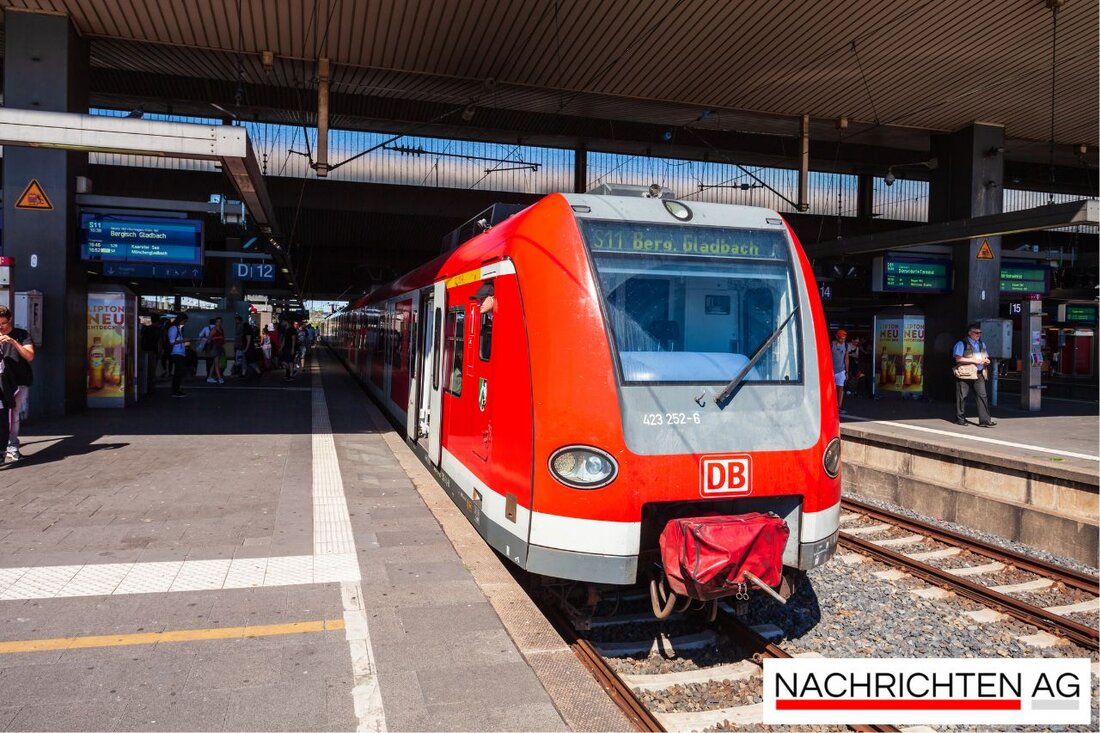Winsen votes unanimously for a new Hamburg-Hannover railway line!
Winsen voted unanimously for the construction of the new Hamburg-Hannover railway line. Important decisions and discussions are pending.

Winsen votes unanimously for a new Hamburg-Hannover railway line!
The resistance to the construction of the new railway line between Hamburg and Hanover is gaining new momentum. The Winsen city council is currently the first municipality in the Harburg district to vote for the controversial project. The council's unanimous vote should be understood against the background that the expansion of the existing route would have required a fourth track through the city, which many of the city councilors consider to be unsustainable. Mayor André Wiese (CDU) summed it up and emphasized: “Winsen cannot cope with a ten-year construction phase.” In fact, this decision shows that resistance in the Heidekreis district is crumbling and discussions about the route are finally taking place.
The Bundestag could possibly decide on the new route in 2025. The discussion about relieving the congested route between Hamburg and Hanover has been going on since 1962, and Deutsche Bahn has now presented a preferred option for the expansion. If the route is comprehensively renovated in 2029, the planned new construction could begin at the same time. A total of 29 variants were examined, four of which were planned in more detail - and these even meet the criteria of the Deutschland-Takt.
Transport needs and long-distance transport
Prime Minister Olaf Lies (SPD) recently called for better consideration of the needs of commuters. The focus of the debate is currently very much on long-distance transport, while the existing route between Hanover and Hamburg is one of the least punctual routes in Germany with a capacity utilization of 147 percent. Lies criticizes the fact that the railway does not communicate adequately with manufacturers and residents, which leads to dissatisfaction. Peter Dörsam, member of the Alpha-E project advisory board, calls for more dialogue from the railway and notes that the railway sometimes becomes the “sole planner and judge”.
Another advantage of the new building would be the possibility of new local transport stops, for example in the Heidekreis. This possibility is cited by planners as an important argument in order to increase acceptance among the population. The Federal Ministry of Transport supports the proposal for the new building and points out the growing importance of the route for freight and passenger transport. In this regard, it is also predicted that the number of trains will increase in the coming years.
A look at the railway industry
In 2024, the federal government's investments in the rail network will increase to around 16.4 billion euros in order to address the challenges of rail network renovation and ensure the competitiveness of the railway. The rail industry in Germany remains of central importance, with sales of around 14.4 billion euros in 2022 and around 56,000 employees working on the production of vehicles and infrastructure.
The debate about the construction of the new railway line between Hamburg and Hanover is therefore not just a local issue, but also plays into the overarching challenges and developments of the railway industry in Germany. What will happen next remains to be seen, but dialogue between politicians, railways and citizens seems essential to finding a viable solution.

 Suche
Suche
 Mein Konto
Mein Konto